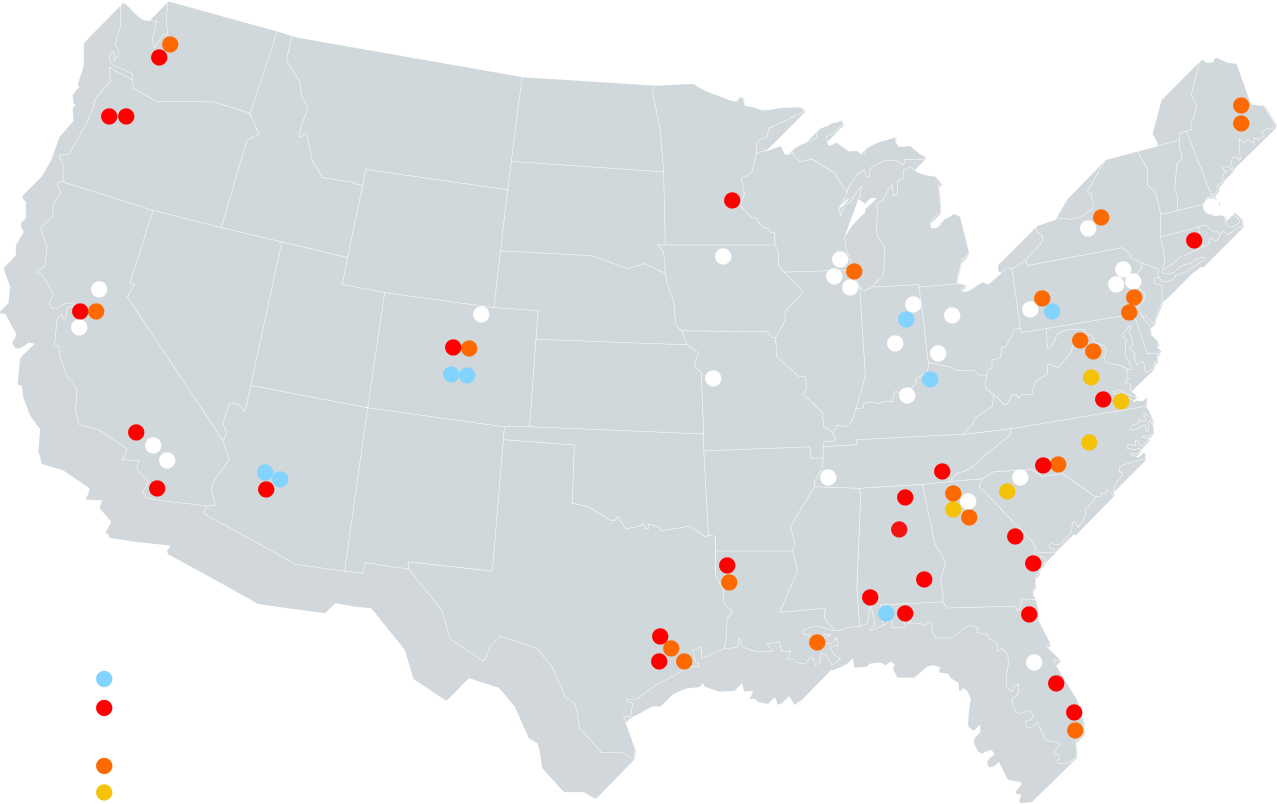ISO 18192-1 Wear Testing for Intervertebral Disc Prostheses
The ATS FoC operates a proven medical device testing lab to ensure manufacturer compliance with international standard ISO 18192-1 for artificial intervertebral discs. Total intervertebral discs are motion-preserving implants designed to stabilize the spinal column, relieve excess pressure on the surrounding vertebrae, and permit the user to continue daily activities.
ISO 18192-1 Requirements
Before approving a product for clinical trials, the FDA requires manufacturers to prove a product can provide the support needed while withstanding the environmental loads and conditions of the spinal cavity. The ATS FoC offers strict medical device testing that follows industry-recommended best practices and international testing procedures. ISO 18192-1 is an FDA-recognized standard for comparing the performance of cervical and lumbar spinal implants.
Wear Test Procedure
To simulate an intervertebral disc’s daily movements, our experts place the product in a testing apparatus designed to recreate spinal flexion/extension, lateral bending, and axial rotation motions. Throughout the test, the product undergoes axial compression at a 1 Hz frequency while soaked in a calf serum diluted with de-ionized water. The test continues until the product reaches the 10 million cycle limit or fails.
Our experts use gravimetric analysis to measure an implant’s weight and height loss due to wear. If needed, ATS can support our analysis with Scanning Electron Microscopy (SEM) and particle analysis.
About ATS FoC
The ATS Family of Companies provides medical device testing from multiple ISO/IEC 17025:2017 accredited labs. To help clients reach the market faster, our qualified experts use innovative technology and follow proven best practices for quick and efficient testing. We offer additional support through our four pillars of service:
- Consulting engineering
- Calibrations
- Testing
- Inspections
Call +1 (888) 287-5227 or complete the form on this page to request medical device testing from the ATS FoC.



